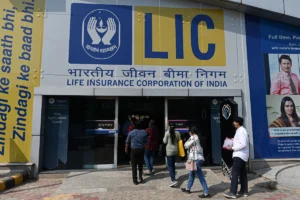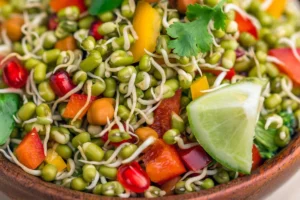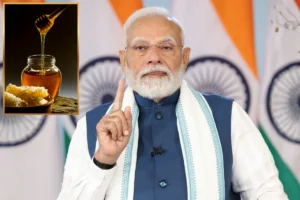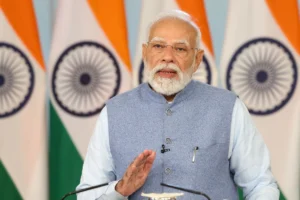
Reference Image
Due to the decrease in global prices of palm, soybean, and sunflower oils, there has been a significant increase in the import of edible oils in the first five months of the current oil year (November-December).
The Solvent Extractors’ Association of India (SEA) reported that there was a 23.7% increase in edible oil imports, totaling to 6.98 million tonnes (MT) between November and March in the year 2022-23 when compared to the same period in the previous year. The prices of palm oil (at Mumbai port), which comprises nearly 60% of the country’s import basket, dropped by 42% to $1,030/tonne on April 14 this year compared to $1,791/tonne in the previous year.
Also Read: Adani Group’s Debt Increases 21%, Reliance on Global Banks Rises
Crude soy and sunflower oil prices have decreased by 45% and 53% to $1,040/tonne and $1,010/tonne, respectively.
As a result of increased imports, domestic prices of mustard and soybean seed have been pushed down.
The oil and fats category saw a 7.86% decrease in inflation in March 2023. Farmers’ organizations and edible oil processors have been calling on the government to increase import duties to align them with domestic edible oil prices.
Ajay Jhunjhunwala, President of SEA, communicated to the food ministry that the unrestrained imports of palmolein are causing a decline in edible oil prices, which is affecting the sale of mustard during the peak harvest season and causing hardship for farmers.
The import of crude palm, soybean, and sunflower oil currently incurs a 5% agri infra cess and a 10% education CESS, resulting in a total tax of 5.5%.
The Soybean Processors Association of India (SOPA) trade body reports that between September and March 2022-2023, the price of imported crude soybean oil has dropped by 31%, with similar declines in the prices of sunflower and palm oils.
Davish Jain, the chairman of SOPA, has communicated to the commerce ministry that the significant drop in edible oil prices has caused a decline in oilseeds prices, which has left farmers feeling disappointed and demoralized. He also stated that keeping duties low, despite the global decline in edible oil prices, is discouraging for farmers.
Around 56% of India’s yearly consumption of 24-25 MT of edible oil is met through imports, and out of this, roughly 8 MT of palm oil is imported each year from Indonesia and Malaysia.
Also Read: Government Revised Windfall Tax and Scrapped Export Duty on Diesel
Despite the government’s decision to procure oilseeds from farmers at MSP after a two-year gap, the mandi prices of mustard seeds are still below the minimum support price (MSP) of Rs 5,450/quintal announced for the season.
The current prices of mustard at the Bharatpur mandi in Rajasthan, which is a hub for oilseeds trading, are approximately `5,100-5,200/quintal, representing the lowest prices in two years.
Krishan Kumar Agarwal, the president of Bharatpur Oil Millers Association, informed FE that a decrease in demand for mustard seeds this season is due to cheaper imports of edible oils such as palm oil, coupled with low import duties.
Domestic edible oil is comprised of mustard (40%), soybean (24%), groundnut (7%), and other oils.
To read more such news, download Bharat Express news apps






















